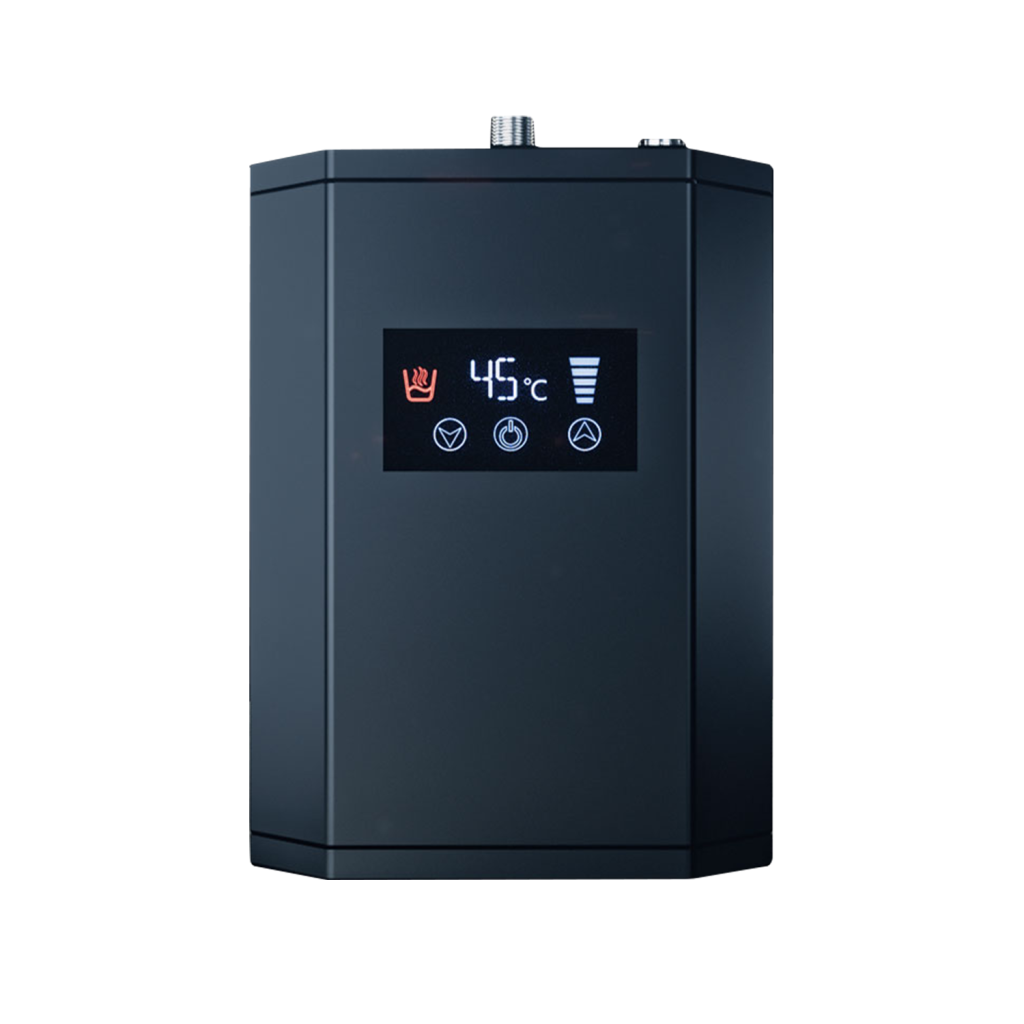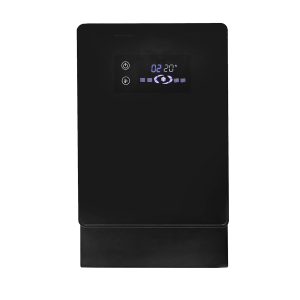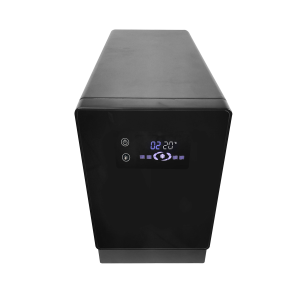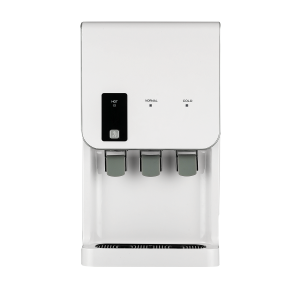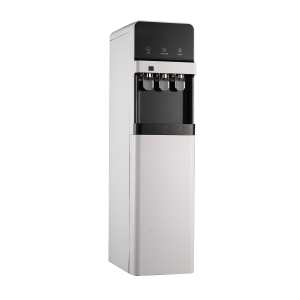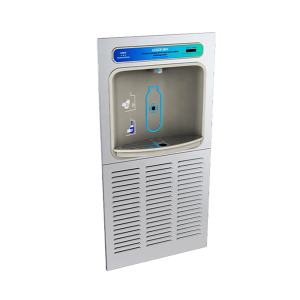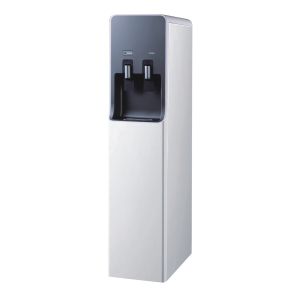A water chiller might not be the first thing that comes to mind when you think about modern machinery or systems, but it’s an essential component in various industries. From cooling processes in manufacturing plants to maintaining ideal temperatures in HVAC systems, water chillers play a crucial role in maintaining efficiency and functionality. In this article, we’ll dive into everything you need to know about water chillers, their applications, how they work, and why they’re vital to many systems.
What is a Water Chiller?
At its core, a water chiller is a device designed to cool water and regulate temperatures in a range of industrial and commercial applications. It operates on a relatively simple principle: by using a refrigeration cycle, a water chiller removes heat from water and releases it into the environment, maintaining a set temperature for processes that need it.
How Do Water Chillers Work?
Water chillers use a refrigeration system to extract heat from water and transfer it to the surrounding environment. Here’s a simplified breakdown of how it works:
- Evaporator – The water enters the chiller and absorbs heat, cooling it down.
- Compressor – The refrigerant gas, now warmer, is compressed to increase its pressure.
- Condenser – The compressed refrigerant releases the heat into the surroundings.
- Expansion Valve – The refrigerant is then expanded, causing it to cool down and repeat the cycle.
This cycle ensures that water stays at a consistent temperature, ideal for whatever processes it’s needed for.
Types of Water Chillers
Water chillers come in various designs and configurations, each suited to different applications and environments.
Air-Cooled Chillers
Air-cooled chillers are the most common type, and they dissipate heat through the use of fans. They’re compact, easy to install, and ideal for moderate cooling needs.
Water-Cooled Chillers
Unlike air-cooled chillers, water-cooled chillers use a water circuit to absorb the heat from the refrigerant. These chillers are more efficient, especially in large industrial settings, but they do require a constant supply of water for the cooling process.
Portable Chillers
If you need flexibility and mobility, portable chillers are your best option. These are typically smaller units that can be moved around as needed, making them perfect for temporary setups or smaller-scale operations.
Chilled Beam Systems
Chilled beams are integrated into the ceiling to cool down air in large spaces. They work by circulating cold water through pipes embedded in the beams, which helps lower the temperature of the air in the room.
Applications of Water Chillers
Water chillers are essential in a variety of industries. Let’s look at some of the common applications:
Manufacturing and Industrial Cooling
Water chillers are crucial for regulating the temperature in manufacturing processes. Whether you’re producing food and beverages, pharmaceuticals, or chemicals, maintaining precise temperature control can improve product quality and efficiency.
HVAC Systems
In commercial and residential buildings, water chillers are used in HVAC (heating, ventilation, and air conditioning) systems to provide cooling and maintain comfortable indoor environments. They help regulate temperatures, reduce humidity, and ensure optimal air quality.
Data Centers and IT
Data centers generate massive amounts of heat due to the high density of computers and servers. Water chillers help keep these facilities cool, preventing overheating and ensuring that sensitive equipment operates efficiently.
Aquarium and Aquaculture Systems
Water chillers are also used in the aquaculture industry to maintain the right water temperature for fish and other aquatic life. They are essential for ensuring that aquatic environments remain healthy and sustainable.
Medical and Laboratory Applications
In laboratories, water chillers are used to maintain precise temperatures for chemical reactions, equipment cooling, or in MRI machines and other medical equipment that generates heat.
Benefits of Using a Water Chiller
Energy Efficiency
Many modern water chillers are designed to be energy-efficient, helping you reduce energy consumption. In industries where large-scale cooling is required, energy efficiency can significantly lower operating costs.
Cost-Effectiveness
Although the initial investment in a water chiller might be high, the long-term savings in energy and improved operational efficiency often outweigh the upfront costs. Additionally, using a water chiller can extend the lifespan of your equipment by preventing overheating.
Temperature Control
Water chillers provide consistent, reliable temperature control, which is crucial for processes that require precision. This is particularly important in industries like pharmaceuticals, manufacturing, and research.
Sustainability
By ensuring optimal cooling and reducing energy consumption, water chillers can contribute to sustainability efforts. Using chillers that are built with eco-friendly refrigerants also helps reduce environmental impact.
Common Challenges with Water Chillers
While water chillers offer numerous benefits, they do come with their own set of challenges. Let’s take a look at some of the potential drawbacks.
Maintenance Needs
Like any machinery, water chillers require regular maintenance. This includes checking refrigerant levels, inspecting cooling components, and cleaning filters. Regular maintenance helps avoid costly repairs and ensures your chiller operates efficiently.
Water Consumption
Water-cooled chillers, in particular, require a constant water supply. In regions where water is scarce or expensive, this could pose a challenge. However, this can often be mitigated by using closed-loop systems or installing water-saving technologies.
Noise Levels
Some water chillers, particularly air-cooled models, can be noisy. If your chiller is going to be installed in a noise-sensitive area, it’s worth considering models designed to minimize noise.
Choosing the Right Water Chiller for Your Needs
Choosing the right water chiller depends on several factors, including your cooling requirements, the size of the system, your budget, and your maintenance capacity. Here are some tips for selecting the best option:
- Assess Cooling Requirements – Determine the temperature you need to maintain and the amount of water you’ll be cooling.
- Consider Energy Efficiency – Look for chillers that have high energy efficiency ratings.
- Size and Capacity – Make sure the chiller you choose can handle the size and scale of your operation.
- Maintenance and Support – Ensure the chiller is easy to maintain and that you have access to reliable customer support.
Conclusion
Water chillers are a crucial component in various industries, offering reliable, energy-efficient cooling solutions that maintain optimal operating conditions. Whether you’re running a manufacturing plant, managing an HVAC system, or maintaining a data center, choosing the right water chiller can significantly improve your processes and bottom line. By understanding the different types of chillers, their benefits, and how to choose the right one, you can ensure your cooling needs are met effectively.
FAQs
- What is the difference between air-cooled and water-cooled chillers? Air-cooled chillers dissipate heat using fans, while water-cooled chillers rely on water circuits to absorb and release heat. Water-cooled chillers tend to be more efficient but require a continuous water supply.
- How often should I maintain my water chiller? Maintenance frequency depends on the type and usage of the chiller, but typically, it should be checked and serviced at least once or twice a year to ensure optimal performance.
- Can a water chiller be used in residential applications? Yes, smaller, portable water chillers can be used in residential applications, such as cooling small spaces or even in home HVAC systems.
- Are water chillers environmentally friendly? Many modern water chillers are designed with energy-efficient components and use eco-friendly refrigerants, making them a more sustainable option for cooling needs.
- How do I know if I need a water chiller? If your application requires precise temperature control, such as in manufacturing, data centers, or medical equipment, a water chiller may be necessary to maintain optimal conditions.
